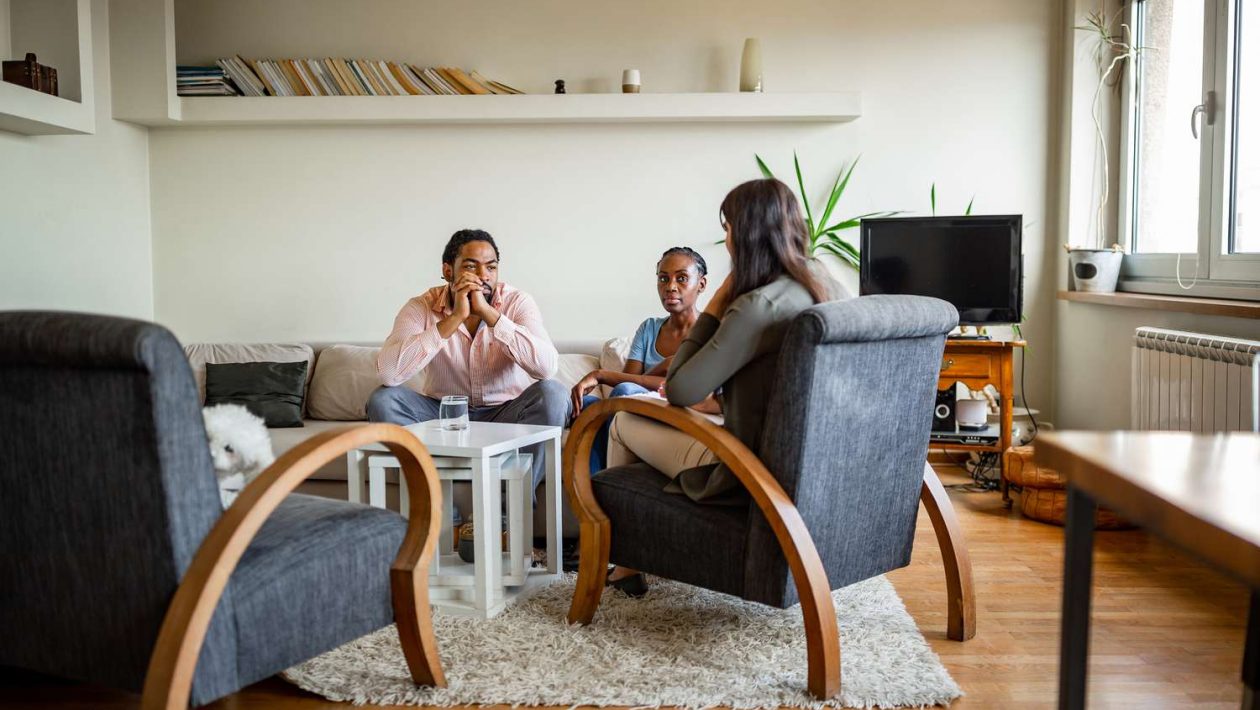Seeking help when facing relationship challenges is a brave and essential step towards building a healthier, more fulfilling connection. Today, as relationships navigate the complexities of modern life, the decision between Couples Counseling and Individual Support becomes more crucial.
If you’re looking for answers on whether to take individual or couples counseling, then this guide is your help. This will explore the two therapy choices, understand their dynamics so you can make an informed decision.
Understanding Couples Counseling
Couples counseling, often called relationship & marriage counselling, is a collaborative approach where both partners actively participate in sessions. The primary goal is to strengthen the relationship by addressing shared issues. Joint therapy sessions provide open communication, allowing partners to express their feelings and concerns in a supportive environment.
The benefits of couples counseling are abundant. It fosters teamwork, creating an opportunity for couples to tackle challenges together. This collaborative effort resolves existing issues and builds a foundation for better communication and understanding.
Exploring Individual Support
Individual therapy, on the other hand, focuses on each partner’s personal growth and well-being. It provides a space for self-discovery, enabling individuals to delve into their own challenges and emotions. While the primary goal is individual betterment, the positive effects often extend to the relationship.
This therapy addresses personal challenges affecting the relationship. It is valuable for enhancing self-awareness and understanding how personal issues may impact the partnership.
Comparing the Two Approaches
Understanding the differences between couples counseling and individual therapy is vital for making an informed decision. Couples counseling is most effective when the issues are primarily relational – problems arise from the dynamics between partners. This approach is ideal for conflicts related to communication, trust, or shared goals.
Conversely, individual therapy is beneficial when personal struggles are affecting the relationship. If issues stem from individual traumas, mental health concerns, or personal growth disparities, individual therapy can offer a focused and tailored solution.
Signs That Couples Counseling Might Be Needed
Identifying signs that couples counseling might be beneficial is crucial for timely intervention. If you find that most of your challenges are rooted in your couple dynamics, such as frequent misunderstandings or communication breakdowns, you may need couples counseling.
Couples counseling is particularly useful in fortifying communication and understanding. If you notice a pattern of unresolved conflicts or a gradual emotional distance, it might be the opportune time to consider joint therapy sessions.
Signs That Individual Therapy Might Be Beneficial
Individual therapy becomes beneficial when personal struggles cast a shadow over the relationship. If you or your partner are dealing with issues such as anxiety, depression, or past traumas that are impacting your connection, individual therapy can provide the necessary support.
Additionally, individual therapy emphasizes the importance of self-awareness. If either partner feels the need for personal growth, self-discovery, or addressing individual challenges, opting for individual therapy can be a positive and proactive choice.
Factors Influencing the Decision
Several factors can influence the decision-making process between couples counseling and individual therapy. External factors, such as the nature of the issues, time constraints, or financial considerations, play a role. Additionally, societal stigma surrounding therapy should not deter couples from seeking the help they need.
It’s essential to acknowledge and address any misconceptions about therapy. Seeking professional help is not a sign of weakness but a courageous step towards building a stronger relationship. Personal preferences and comfort levels also play a pivotal role; some individuals may feel more at ease discussing personal matters in individual sessions, while others thrive in a collaborative setting.
Making an Informed Decision
To make an informed decision, couples should converse openly and honestly about their needs and expectations. A simple self-assessment guide can be a useful tool. Ask yourselves whether your challenges are primarily relational or stem from individual struggles. This can provide valuable insights into the most suitable therapeutic path.
Additionally, the decision-making process is not a one-time event. It’s okay to revisit and reassess the chosen approach. If initial efforts are not yielding the desired results, consider exploring the other option or even a combination of both to address different aspects of the relationship.
Step Forward to Your Relationship’s Next Chapter
Beyond the practical considerations discussed, remember that the therapy process itself is dynamic. It’s not a one-size-fits-all solution, and the path to a healthier relationship may involve a combination of both couples counseling and individual support at different stages. Embrace the fluidity of this journey, and know that by taking this step, you’re investing in the strength and resilience of your relationship.





